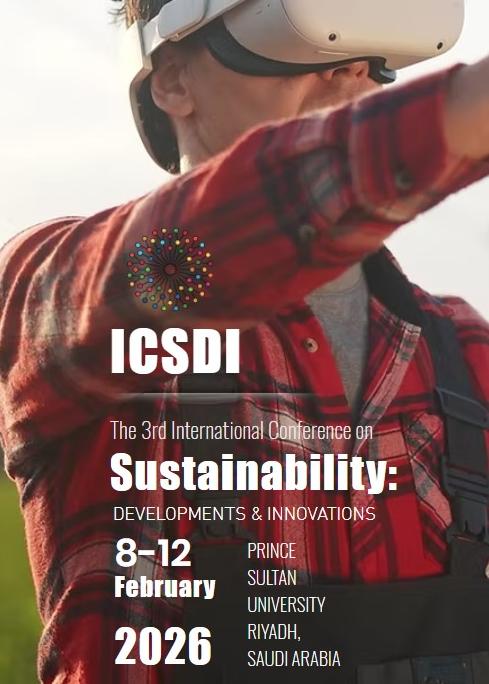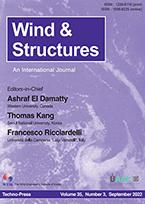BioMed Research International
BMRI
- URL: https://www.hindawi.com/journals/BMRI/si/912578/cfp/?utm_source=CFPsites&utm_medium=marketing%20referral&utm_campaign=HDW_MRKT_GBL_SUB_CFP_EAR_AUTH_SPEC_2738_10053
- Call For Paper Type: SI
- H2 Index: 0
- Submission Date: 2019-11-29
- Notification Date: 2020-01-03
- Final Version Date: 2020-03-27
Molecular Biology Biomedical Technology Cell Biology
Extreme environmental stresses, such as radiation, microgravity, hypergravity, abnormal magnetic field, and hypoxia, are generally considered to be important abiotic stress factors associated with various human health risks. When living organisms are exposed to extreme environmental stresses, a series of adverse biological responses will be triggered from molecular level, through to cell and body level. For example, microgravity and radiation exposure increases chromosomal aberration frequencies, impairs immune function, results in a loss of cardiovascular capacity, and induces bone and muscle loss in mammals, including humans. Despite a great number of studies analyzing the biological effects of extreme environmental stresses on various living systems, few of these have focused on the underlying mechanisms mediating the stress response. In recent years, the development of omics-based technologies has provided new opportunities to study the biological responses and mechanisms under extreme environmental stresses. Adaption mechanisms for biomedical protection in human or animal cells may also be studied.
This special issue is dedicated to understanding the impacts of these extreme environmental stresses on a wide range of cells. The focus is to clarify the molecular mechanisms by which the organisms respond and adapt to the extreme environment. Submissions concerning plants and animals are also welcome as long as their current or potential applications to biomedicine can be demonstrated. The special issue particularly encourages submissions relating to the underlying transcriptomic, epigenetic, proteomic, metabolomic, and microbiomic profiles, etc., under extreme environmental stresses. New methods and technologies with applications to human biomedical research will also be considered, as will both research and review articles.
Potential topics include but are not limited to the following:
Adverse biological effects and adaption responses induced by extreme environmental stresses, including radiation, microgravity, hypergravity, abnormal magnetic field, and hypoxia in living organisms, especially in mammalian cells
Spaceflight and/or ground-based simulated experiments related to molecular and cell biology
Metabolic profile in response to extreme environmental stresses
Genomic or DNA methylation in response to extreme environmental stresses
Gene expression and proteomic profiles in response to extreme environmental stresses
Microbiomics profile in response to extreme environmental stresses
Methodological and theoretical discussions on the relations between extreme environmental stresses and biomedical countermeasures
Risk assessment of extreme environmental stresses
Lead Guest Editor:
Xiaohua Lei, Institute of Zoology, Chinese Academy of Sciences, Beijing, China
Guest Editors:
Akihisa Takahashi, Gunma University Heavy Ion Medical Center, Gunma, Japan
Junsoo Park, Division of Biological Science and Technology, Yonsei University, Wonju city, Republic of Korea
Lei Zhao, Institute of Environmental Systems Biology, Dalian Maritime University, Dalian, China
Zhongquan Dai, China Astronaut Research and Training Center, Beijing, China
Authors can submit their manuscripts through the Manuscript Tracking System at https://mts.hindawi.com/submit/journals/bmri/cell.biology/eesmm/
Submission Deadline:
Friday, 29 November 2019
Publication Date:
April 2020
Papers are published upon acceptance, regardless of the Special Issue publication date.














